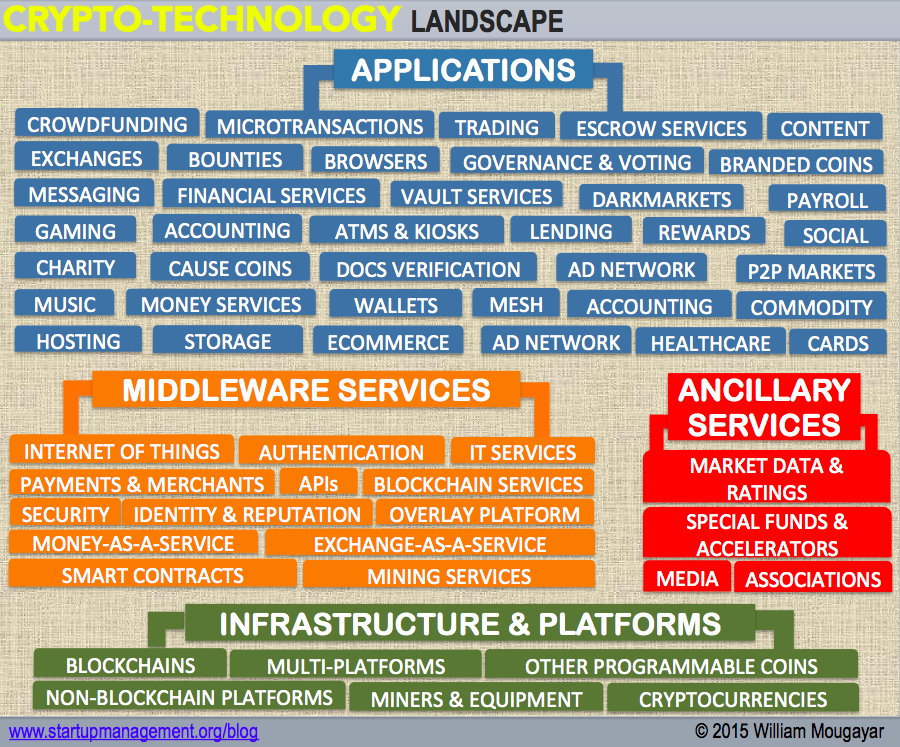Feature Friday: Instant Exchange
Our portfolio company Coinbase launched a new feature this week, that when combined with their local currency wallets, basically creates a global Venmo or Mpesa.
It is called Instant Exchange and here is how it works:
Coinbase offers US Dollar, Euro, or Pound accounts. You can keep your funds in your local currency on Coinbase. They have had this feature for some time.
So let’s say that I owe a friend in Berlin money for dinner last night.
I could go to my US Dollar Coinbase account, do an Instant Exchange Send which takes dollars out of my account and sends bitcoins to my friend, he does an Instant Exchange Receive in his Coinbase account which instantly converts them to euros and then keeps those funds in his Coinbase Euro account or transfers them out to his bank account. Coinbase will apply its standard exchange fees to the Instant Exchange transactions.
I believe this kind of thing will be incredibly useful, especially in the Coinbase mobile app. Sending money to and receiving money from friends around the world using Bitcoin as the “rails” for money transfer no longer needs to expose either side to exchange rate risk.
As Coinbase expands its business around the world, and offers Instant Exchange and local currency accounts in every part of the world, it can build a global Venmo or Mpesa using Bitcoin as the underlying money transfer protocol.
